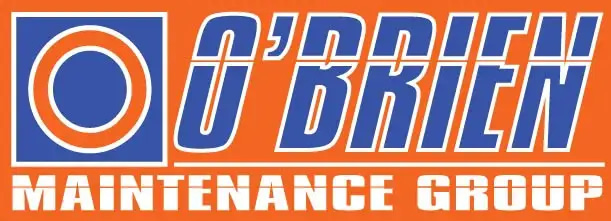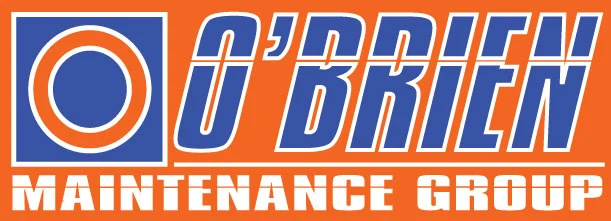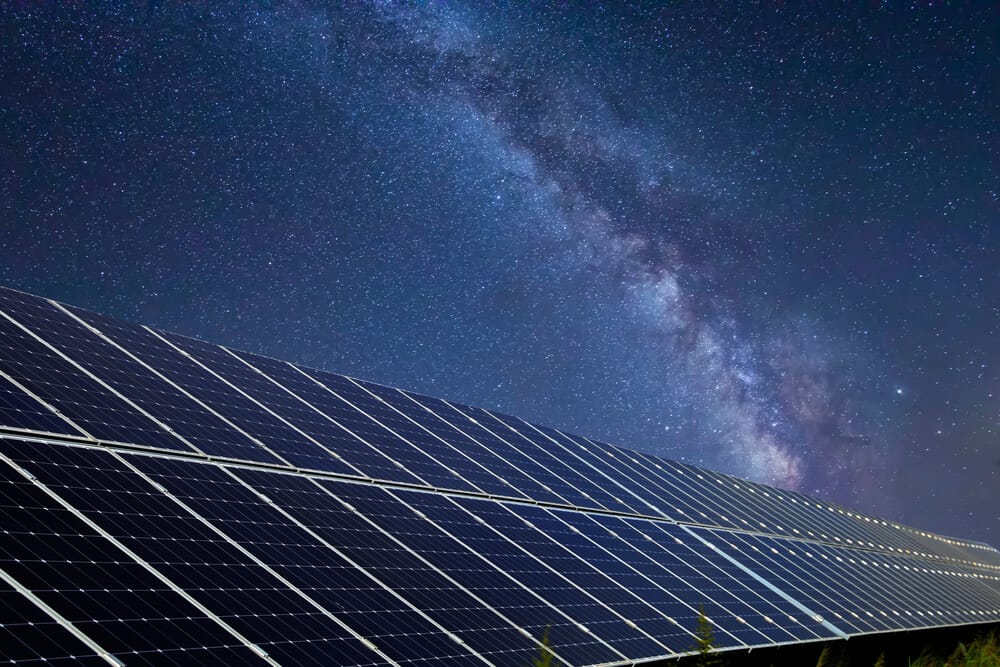
Solar panels absorb energy from the sun to generate electricity for homes and businesses. With that said, do solar panels work on cloudy days when the sun is entirely covered by clouds? What about at night when the sun is nowhere to be seen or when the panels are covered in dirt? Let’s explore the answers to these questions and learn more about using solar panels in this article.
How do Solar Panels Work?
There are two types of solar panel systems (AC and DC) grouped for home or business use.
String System (DC)
The string system is the most commonly installed solar panel system worldwide. It comprises one central solar inverter installed at a home or commercial building’s ground level. The inverter has a screen displaying the readings and can be connected to an app through WiFi. The app would be accessible through various devices so that you can monitor the system even from remote locations.
Micro System (AC)
This system is newer, and it uses smaller individual inverters connected under each panel. At times, one inverter is installed for every two panels. While it doesn’t have a screen display, the system’s information is accessible through WiFi. Since it requires more components to work, it has more points of failure.
Which is Better?
A DC string system will be your best option if you’re looking at the system’s money-saving potential. However, an AC system would be better if you’re after efficiency since the panels can work independently regardless of whether some panels are covered by shade.
Then again, DC optimisers can now allow panels in string systems to have multiple orientations. Moreover, the optimisers allow some string system panels to be positioned in shady areas without reducing the efficiency of the other panels. So, the choice of which is better ultimately depends on you.
What is a DC Optimiser?
It is a DC to DC converter technology used to connect one or more, even all, of the panels in a system so that they can operate independently. This optimiser is incredibly beneficial in shaded areas as it can eliminate shading issues and increase energy output. It also expands solar power systems in houses with differently pitched roofs.
What is a Micro Inverter?
It is an individual DC to AC converter installed in up to two solar panels. They do not provide screen displays, but their readings are accessible through your phone or other devices with an internet connection.
While micro inverters have the same benefits as DC optimisers, the inverter would have to be installed in all the panels, unlike optimisers which can be connected to individual panels.
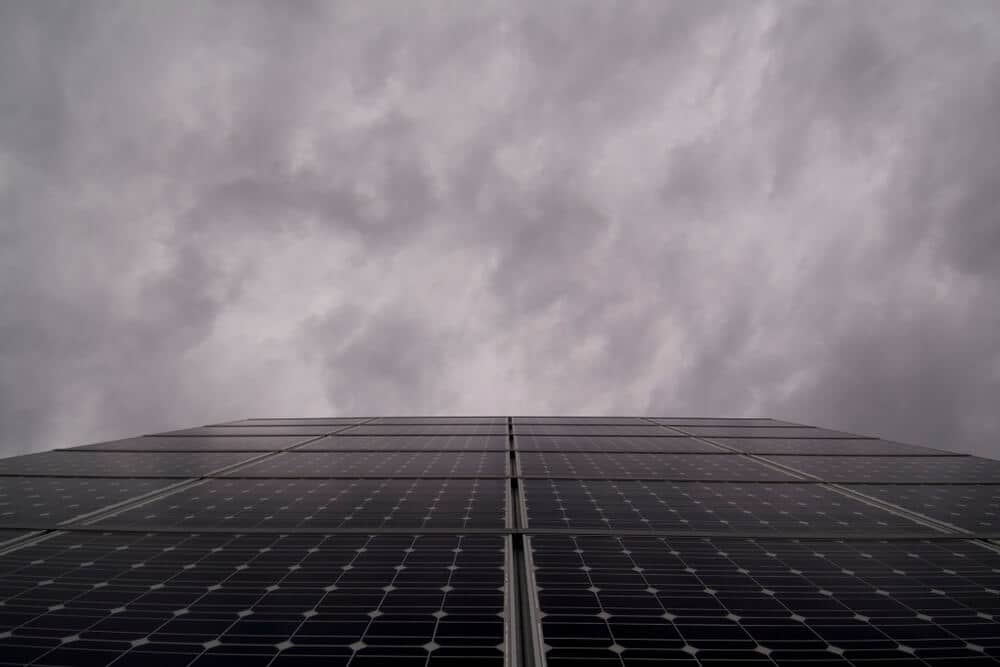
Will Solar Panels Still Work on Cloudy and Rainy Days?
Yes. However, it’s a given that solar power production will be less efficient since there are fewer particles of light available. On days like this, they will only produce 10-25% of their usual output.
But even though the power output is lowered, you can still save money whenever you use power generated by your system.
The same is true for rainy days, with the added benefit of washing dirty solar panels installed on pitched roofs. Then again, don’t rely on rain to thoroughly clean your panels. Remember, it doesn’t rain every day, and you might only get drizzles from time to time, creating streaks and clumps of dirt on your panels. It’s always better to get professional cleaning services to ensure a job is well done.
Do Solar Panels Work at Night?
The short answer is no; they don’t. Since the product of solar power relies on light particles, generating a flow of electricity would be impossible at night since the moon does not have the sun’s power-producing qualities. The output would be meagre even if the panels could generate energy from other light sources.
So, How do Homes Powered by Solar Panels Have Electricity at Night?
Even though your system won’t produce power at night, they tend to make extra power while the sun is out. In fact, they are intentionally designed to deliver more during the day. To balance it out and keep the flow of electricity running even at night, people can use solar battery banks to store the extra energy or use net metering instead.
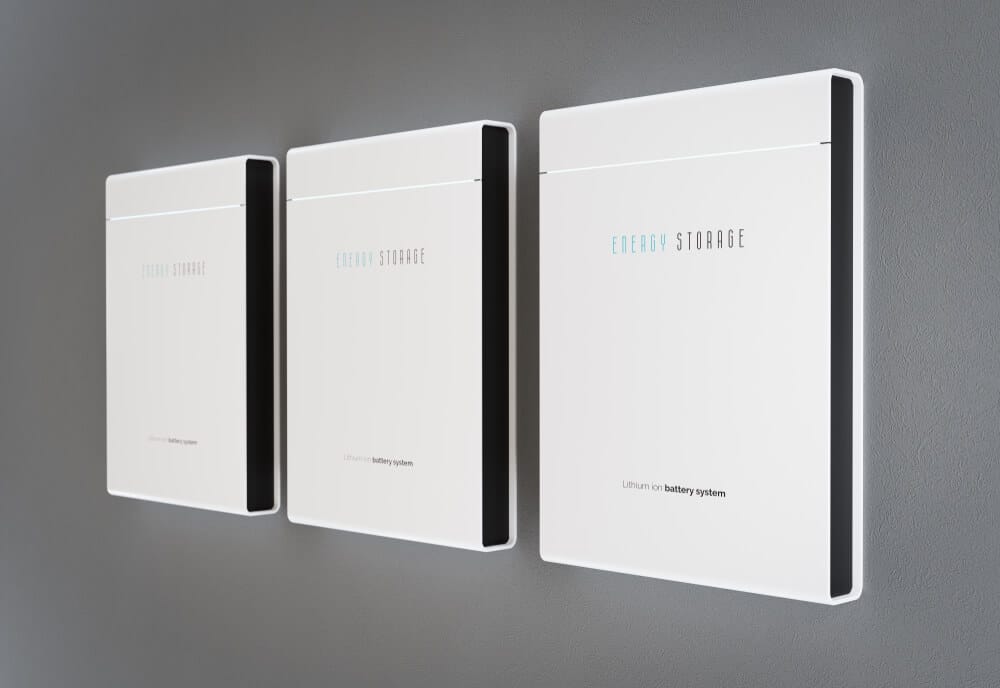
Solar Battery Storage
It’s a good thing that solar systems are designed to generate more power than your home needs during the day. Because of that, the surplus of energy can be stored in a physical solar battery and used at night while the panels are in sleep mode. With this arrangement, some homes can go entirely off the grid.
Net Metering
You can store surplus energy through net metering if your solar system doesn’t have battery storage. Instead of keeping the extra solar energy in a physical battery, the excess will be exported to the utility grid in return for credits to this power which will accumulate in your account.
At night when you use power from the grid, you can offset the energy cost with your credits, lowering or even cancelling your electricity bills. So, the more extra energy your system produces, the more credits you can collect.
Will Solar Panels Work in Low Light?
Yes, they will. Solar panels work by letting photons (particles of light) knock electrons free from atoms. It will then generate a flow of electricity in the solar panels. Since it only requires a small number of photons to generate power, your system will already be productive even before the sun ultimately rises. It is the same reason your solar system works on cloudy and rainy days.
However, the efficiency won’t be the same as when the sun is high in the sky. Solar power production will still be less in the early morning and late evening. But any power generated is still saving you money.
Do Solar Panels Work in the Shade?
Yes, they do. However, the production levels will be significantly affected by the time of day, the density of the shade, duration of the shaded period, direction of the sun and time of year. You can mitigate shading issues by removing the obstacles like trimming, cutting down or relocating a tree. To solve the shading problem, you can also add DC optimisers on selected panels.
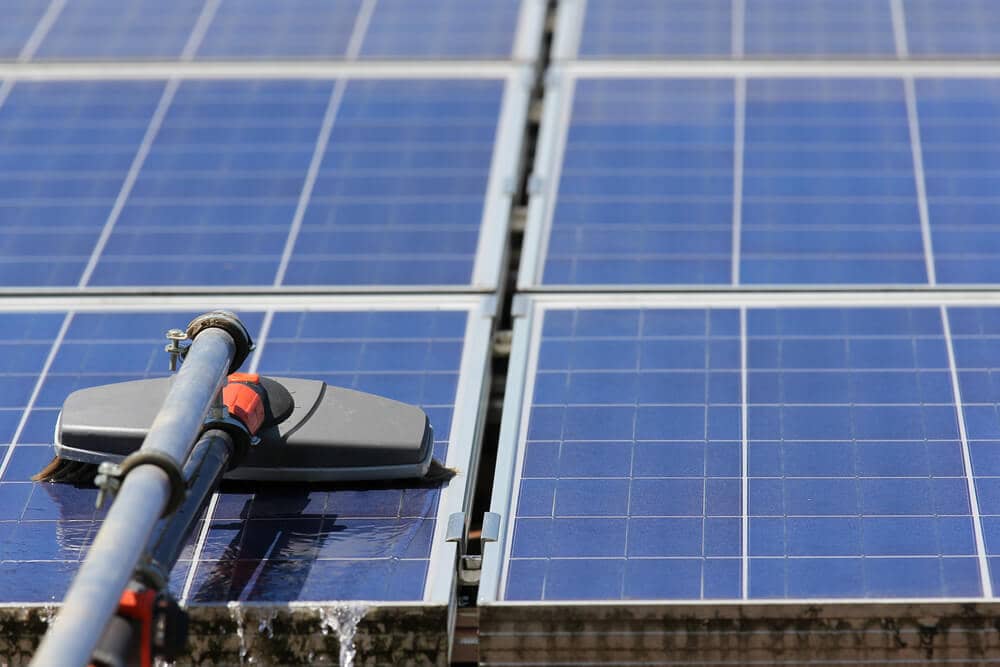
Keep Your Solar Panels Clean to Reap the Maximum Benefits
You already know solar panels won’t work well on cloudy days and in shaded areas. But the same is true for dirty panels. Even if the sun is high in the sky and your system is free of shade, accumulated dirt and debris will directly block the light from your panels, reducing its capacity to collect and produce electricity. So, if you want to ensure that your system is in optimal condition, get regular solar panel cleaning from trusted professionals.
At O’Brien Maintenance Group, we provide premium solar panel cleaning services to ensure your system collects and generates power efficiently. We maintain your solar power system free of dirt without damaging your panels through professional, meticulous and careful cleaning. Don’t rely on rain to do the bulk of the cleaning. Instead, keep on top of cleaning duties by hiring us to do the work for you.
Call us to book a cleaning service today!
